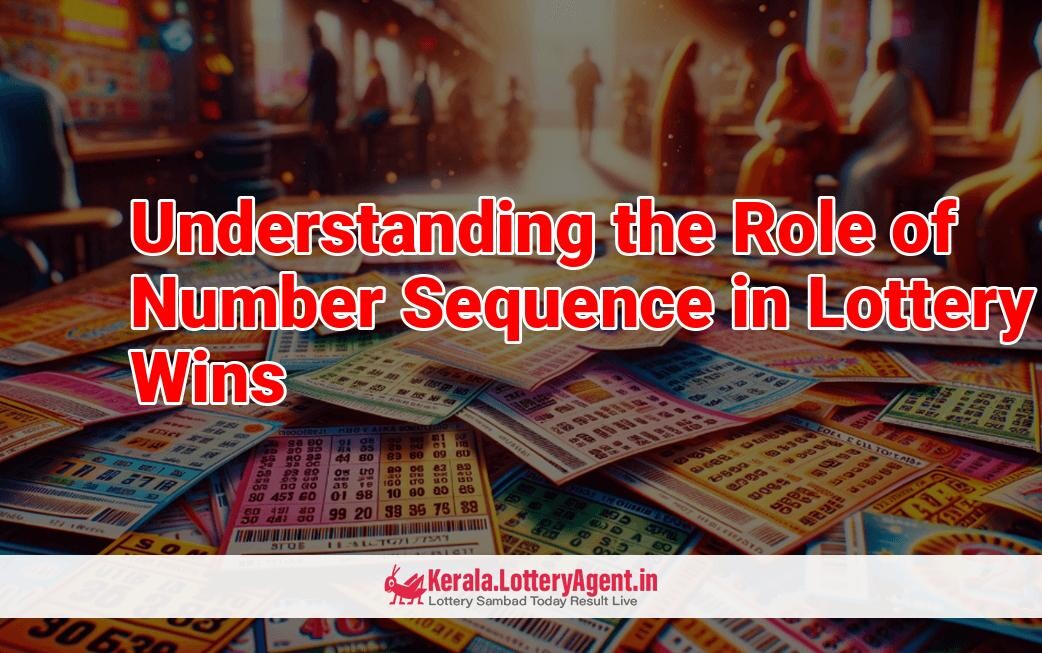
For those navigating the delicate dance of chance that is the lottery, a common question arises—does the order of the numbers selected on your ticket need to match the sequence of the winning draw? The straightforward response is no, the sequence in which you choose your numbers is inconsequential. The key factor in winning is having your lottery ticket reflect the drawn numbers, regardless of their order. Thus, lottery participants may breathe a sigh of relief knowing that their success does not hinge on arranging their numbers in any specific pattern.
Diving deeper into the topic, it’s important to recognize that while the above holds true for many traditional lottery games, exceptions do exist. Certain games introduce unique play styles and rules that diverge from the standard model. For those curious about the impact of number order across different types of lotteries, read on.
When examining how number order may influence winnings, it all boils down to the individual game’s rules. If a game specifies that an exact match in sequence is required for the jackpot, then indeed, the order will be pivotal. For instance, in the well-acquainted world of classic lottery games such as Powerball, Mega Millions, SuperEnalotto, and Eurojackpot, participants select a combination of numbers from a larger set. As long as these chosen figures coincide with the drawn numbers, you’re in the clear, irrespective of the arrangement.
To illustrate, let’s take the SuperEnalotto, where a winning draw may present numbers like 35-7-54-23-10. Players can pick these numbers in any sequence, such as 54-35-7-10-23 or 7-23-54-10-35, and still be eligible for the jackpot.
Daily lotteries expand the variety of play with their unique rules. Among these variations are straight and box play, encompassing types like the 3-way and 6-way games. In a 3-way game, a player’s selection includes two identical digits which affords three possible winning combinations. Conversely, a 6-way game involves choosing three distinct digits, yielding six potential winning arrangements. These distinctions underline the relevance of number order in specific game types.
The lottery system is painstakingly designed for utmost randomness. This is
evidenced by sophisticated drawing machines that mix balls and select numbers in an unforeseen manner, often shown live to maintain transparency and validate the process’s integrity. Consequently, the randomness of the draw renders the order of numbers moot.
Moreover, the odds of winning shift fundamentally when order becomes a factor in the game. Take the example of Canada Pick 3, where players select three numbers ranging from 0 to 9, and can include repeated figures like 111 or 222. Here, Straight Play presents just a single winning path, while Box Play—whether considering 3-way or 6-way variations—increases the winning combinations, and hence, the chances of claiming a prize.
Despite the intricacies, it’s worth noting that in majority of lotteries, number sequence doesn’t figure into the equation. Whether playing the international heavyweights like Powerball or Mega Millions, it’s the drawn numbers themselves─and not their order─that matter. The challenge shifts in daily games utilizing straight play, where keeping tabs on the order is essential.
The mechanics of each lottery game vary, so understanding them can enrich the gaming experience and inform one’s approach. Always confirm the rules of your chosen lottery game to stay in the loop.
To address potential concerns succinctly: In one-number pool lotteries, number order typically doesn’t matter unless stated otherwise, with a match ensuring victory. When dealing with two-number pool games like Powerball and Mega Millions, number order remains irrelevant; it is the matching numbers that count. With games like Pick 3, number order gains importance depending on the chosen play type—straight play demands a matched sequence, whereas box play offers flexibility with combinatory winning numbers.
Lastly, while no foolproof method exists for selecting lottery numbers, some players lean towards strategic lottery strategies or rely on quick picks, number generators, or personal lucky numbers. It all boils down to preference. Regardless of your approach, the nagging concern over number sequence can be laid to rest for most lottery games—allowing players to focus more on the thrill of the game and less on the configuration of their numbers.











